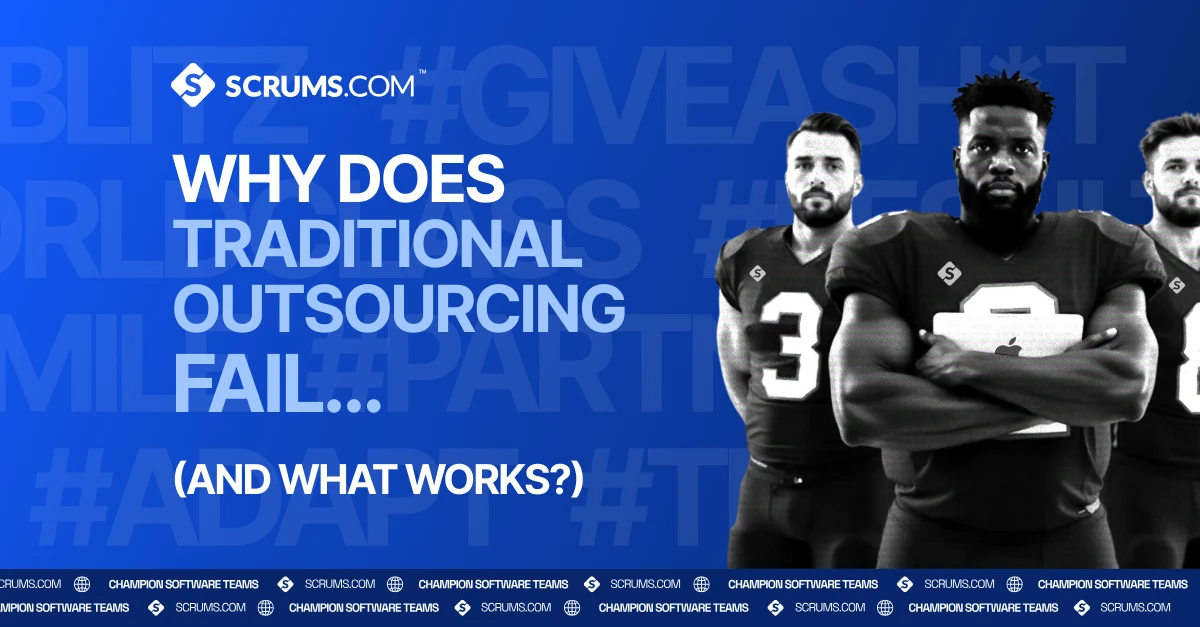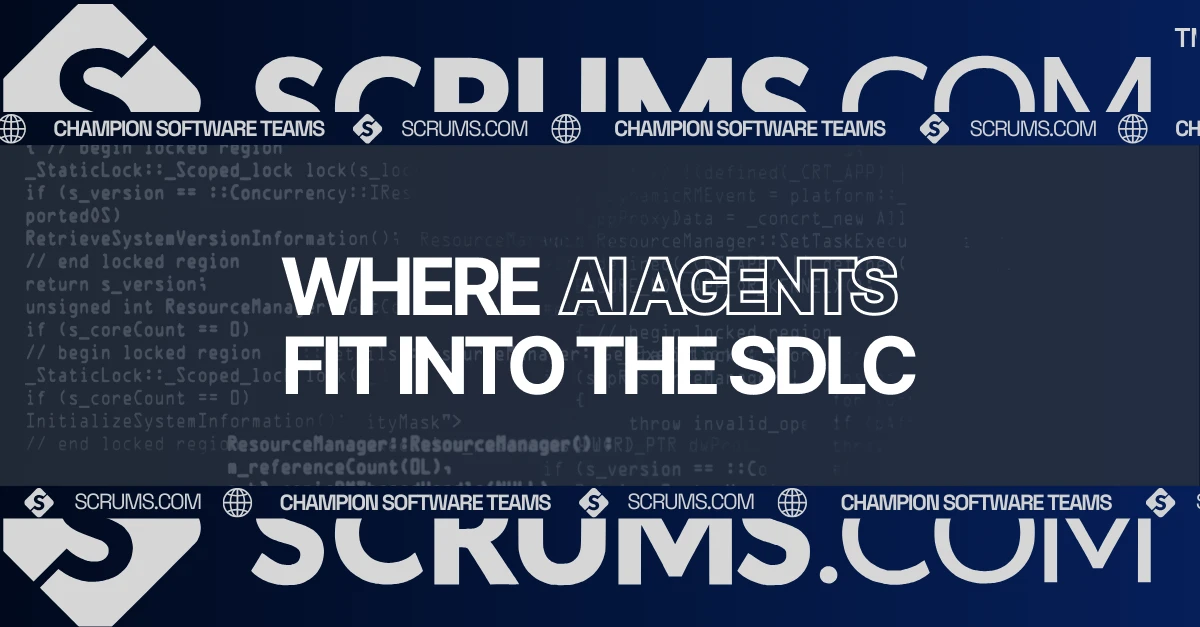Google Cloud Platform: Cloud Computing Services
Introduction to Google Cloud Platform
Google Cloud Platform (GCP) is a collection of cloud computing services that gives developers and companies access to a variety of tools and resources for creating, deploying, and managing applications. GCP is well known for its reliable infrastructure, machine learning capabilities, data analytics, and easy connection with other Google services. GCP is an essential trusted cloud platform for developers, CTOs, and business owners looking to improve scalability, innovation, and operational efficiency in their digital strategy.
What is Google Cloud Platform?
Google Cloud Platform (GCP) is a cloud computing service suite launched by Google in 2008. It provides a comprehensive range of cloud services, including Infrastructure as a Service (IaaS), Platform as a Service (PaaS), and Software as a Service (SaaS), allowing businesses to leverage Google’s powerful infrastructure to scale their applications and services.
GCP’s primary purpose is to solve complex infrastructure management, data processing, and scalability challenges, offering solutions tailored to both large enterprises and small startups. It is highly effective for projects that demand high-performance computing, advanced analytics, machine learning, and global reach. With GCP, companies can build robust applications, deploy them rapidly, and scale effortlessly according to business needs.
Core Features and Functionalities
Google Cloud Platform offers a wide array of features designed to cater to diverse business needs and development requirements:
Compute Engine: Google Compute Engine offers scalable virtual machines (VMs) that provide reliable, high-performance computing power for any workload, including Google Cloud Platform VPS services.
Kubernetes Engine: Managed Kubernetes service that helps businesses deploy, manage, and scale containerized applications using Kubernetes.
BigQuery: A fully managed, serverless, highly scalable data warehouse that allows businesses to run fast SQL queries using the processing power of Google’s infrastructure.
Cloud Storage: A unified object storage solution that provides scalability, security, and availability for any volume of data.
AI and Machine Learning Services: Tools like AI Platform, AutoML, and TensorFlow Enterprise to build, train, and deploy machine learning models with ease.
Networking and Content Delivery: GCP provides a global network infrastructure with services like Cloud CDN, Cloud DNS, and VPC for fast and secure content delivery and networking.
Identity and Security: Provides robust security with services like Identity and Access Management (IAM), Cloud Identity, and Cloud Security Command Center, ensuring data protection and compliance.
These features empower businesses by enhancing their capabilities to innovate, optimize resources, and achieve cost efficiencies.
Benefits for Businesses and Development Teams
For Businesses:
- Reduced Costs: GCP’s pay-as-you-go pricing model and sustained use discounts help lower the cost of ownership and optimize spending.
- Faster Time to Market: With powerful tools and managed services, businesses can develop and deploy applications more quickly.
- Scalability and Reliability: Automatically scale resources up or down depending on demand, ensuring reliable performance without over-provisioning.
- Data-Driven Insights: Use GCP's advanced data analytics tools like BigQuery to gain valuable business insights and drive data-driven decision-making.
For Developers:
- Support for Modern Development Practices: GCP integrates with popular DevOps tools, enabling CI/CD pipelines and Infrastructure as Code (IaC).
- Multi-Cloud and Hybrid Cloud Flexibility: GCP supports hybrid cloud and multi-cloud environments with Anthos, allowing seamless management across different cloud platforms.
- Extensive Language and Framework Support: Supports various programming languages and frameworks, including Python, Java,.NET, Node.js, and more, offering flexibility for developers.
- Comprehensive Documentation and Community Support: Provides detailed documentation, tutorials, and a strong developer community to support learning and troubleshooting.
Use Cases and Applications
The Google Cloud Platform is versatile, offering solutions across various industries and use cases.
DevOps and CI/CD Pipelines: Streamline development and deployment processes with Cloud Build, Cloud Run, and Kubernetes Engine.
Data Analytics and Machine Learning: Leverage BigQuery, AI Platform, and TensorFlow for predictive analytics, data visualization, and advanced AI solutions.
Cloud-Native Applications: Build scalable applications using serverless solutions like Cloud Functions and App Engine.
Industry-Specific Applications:some text
- Fintech: Secure, compliant solutions for processing financial data and transactions at scale.
- Healthcare: HIPAA-compliant cloud services for managing sensitive patient data and deploying telehealth applications.
- E-commerce: Enhanced website performance, scalability, and personalized customer experiences using GCP’s cloud solutions.
Integration Capabilities and Ecosystem
Google Cloud Platform is known for its seamless integration capabilities with various tools and platforms.
- Popular Platforms: Supports integrations with AWS, Microsoft Azure, VMware, and on-premises environments through Anthos.
- Development Tools: Native integration with Google Workspace, GitHub, Jenkins, Docker, Terraform, and more.
- API Availability: Offers comprehensive REST APIs and client libraries for integrating GCP services with third-party applications.
- Marketplace Extensions: GCP Marketplace provides numerous plugins, add-ons, and extensions for enhanced functionality and interoperability.
Comparison with Alternatives
Google Cloud Platform competes with other cloud providers like AWS, Microsoft Azure, and IBM Cloud.
- Pros: Strong emphasis on data analytics, machine learning, multi-cloud support with Anthos, and competitive pricing.
- Cons: Slightly smaller global infrastructure network compared to AWS, and some services may have a learning curve.
- Cost Considerations: GCP offers various pricing options, including pay-as-you-go and committed use contracts, to optimize costs.
- When to Choose GCP: Opt for Google Cloud Platform if your business needs advanced data analytics, multi-cloud flexibility, and competitive pricing.
Getting Started with Google Cloud Platform
A step-by-step guide to help business decision-makers and developers start with GCP:
- Create a GCP Account: Start with a free-tier account to explore GCP services and gain hands-on experience with $300 in credits.
- Set Up Identity and Access Management (IAM): Configure IAM policies to manage users and set permissions for security.
- Deploy Compute and Storage Resources: Use Compute Engine for VMs or Kubernetes Engine for containerized applications, and Cloud Storage for scalable data storage.
- Integrate DevOps Tools: Set up CI/CD pipelines using Cloud Build or integrate with third-party tools like Jenkins and Terraform.
- Monitor and Optimize Costs: Utilize cloud monitoring, cloud billing, and cloud cost management to track and optimize spending.
- Follow Best Practices: Implement best practices for cloud architecture, security, and cost management to maximize the value of GCP.
Refer to Google Cloud Documentation for tutorials, webinars, and comprehensive guides.
Related Tools and Resources
- GCP vs. AWS: Learn the differences and similarities between Google Cloud Platform and Amazon Web Services.
- GCP DevOps Tools: Explore Google Cloud's DevOps suite, including Cloud Build, Cloud Run, and Cloud Functions.
- Google Cloud Platform Marketplace: Discover pre-configured solutions and plugins to enhance your GCP experience.
- Google Cloud Documentation: Google Cloud Platform Documentation for comprehensive guides and tutorials.
Explore Related Software Development Tools
FAQs
We've got you covered, these are some common questions we receive. Not seeing the answer to something?...
GCP offers a pay-as-you-go model, committed use contracts, and sustained use discounts for cost flexibility.
GCP provides end-to-end security features, including data encryption, DDoS protection, and over 90 compliance certifications.
Yes, GCP integrates with AWS, Azure, and other on-premises systems through Anthos and APIs.
GCP provides scalable infrastructure, advanced data analytics tools, and multi-cloud flexibility, ideal for modern software development.
Yes, GCP provides a free tier with limited access to certain services and $300 in credits for new users.
GCP offers AutoML, AI Platform, and TensorFlow services to build, train, and deploy ML models easily.
Explore Software Development Blogs
The most recent trends and insights to expand your software development knowledge.










